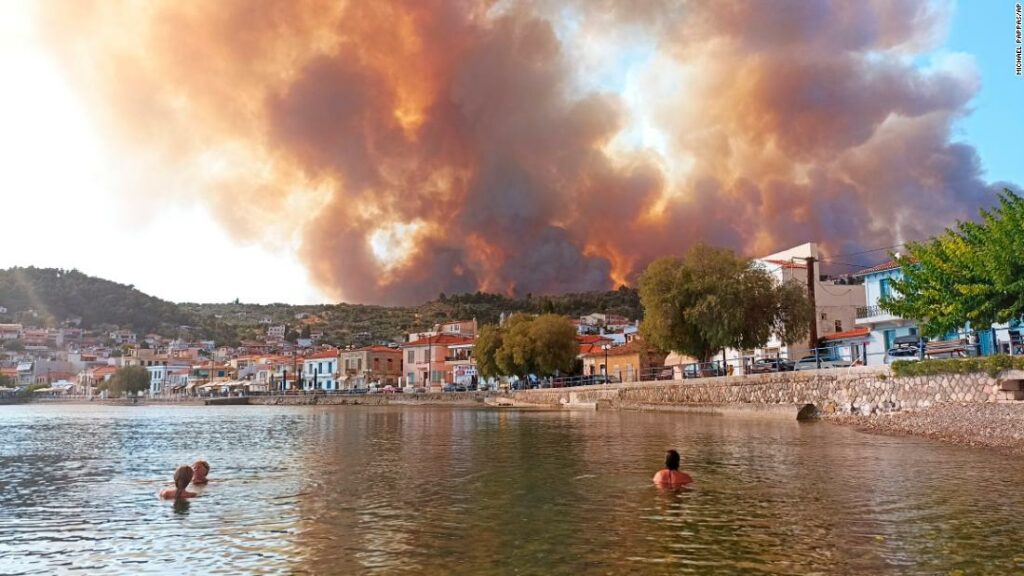This summer was Europe’s hottest on record as Mediterranean heat soared

Like much of the Northern Hemisphere, Europe was battered by extreme weather events over recent months, including record levels of rain that Copernicus’ records go back to 1950, but because of the trend of global warming, this summer is likely to also be a record for the whole industrial era.Italy recorded a temperature of 48.8 degrees C (119.8 degrees F) on August 11 in Sicily. If verified by the World Meteorological Organization, that would be the hottest day ever recorded in Europe. The hottest before that was 48.0 C in Athens, Greece in 1977.The heat was related to an anticyclone that impacted Spain as well, and followed extreme heat in Greece and Turkey, which experienced destructive wildfires.And temperatures at the Greenland summit over the weekend of August 14-15 rose above freezing for the third time in less than a decade, causing rain to fall there for the first time on record, with 7 billion tons of water falling on the ice sheet.Human-made climate change is making extreme weather events more frequent and intense. Many major heatwave events globally have been scientifically linked to climate change. A recent analysis by the World Weather Attribution project also found that climate change had made the German and Belgian floods more likely.Like wildfires, flooding can also be related to high temperatures. Sustained heat can worsen drought conditions, but it can also increase the amount of water vapor held in the atmosphere, which can make rainfall heavier, even if it is less frequent.When heavy rain falls on dried out soil, the ground struggles to absorb the water efficiently and contributes to flooding. World leaders agreed in 2015 to slash greenhouse gas emissions to contain global warming to 2 degrees C, but preferably 1.5 C, above pre-industrial levels to stave of worsening impacts of the climate crisis. Average global temperatures are already at around 1.2 C higher than pre-industrial levels. A report published in August by the UN’s Intergovernmental Panel on Climate Change projected that regardless of how much global temperatures rise, Europe is a region that will get hotter. Critical thresholds for humans and the region’s ecosystems will be exceeded if global warming reaches 2 C or more. At 1.5 C of warming, flooding caused by heavy rain is projected to increase in all parts of Europe, except for the south. At 2 C, the south is projected to experience an increase in drought conditions — a decrease in rain, warmer days and more days of extreme heat.





